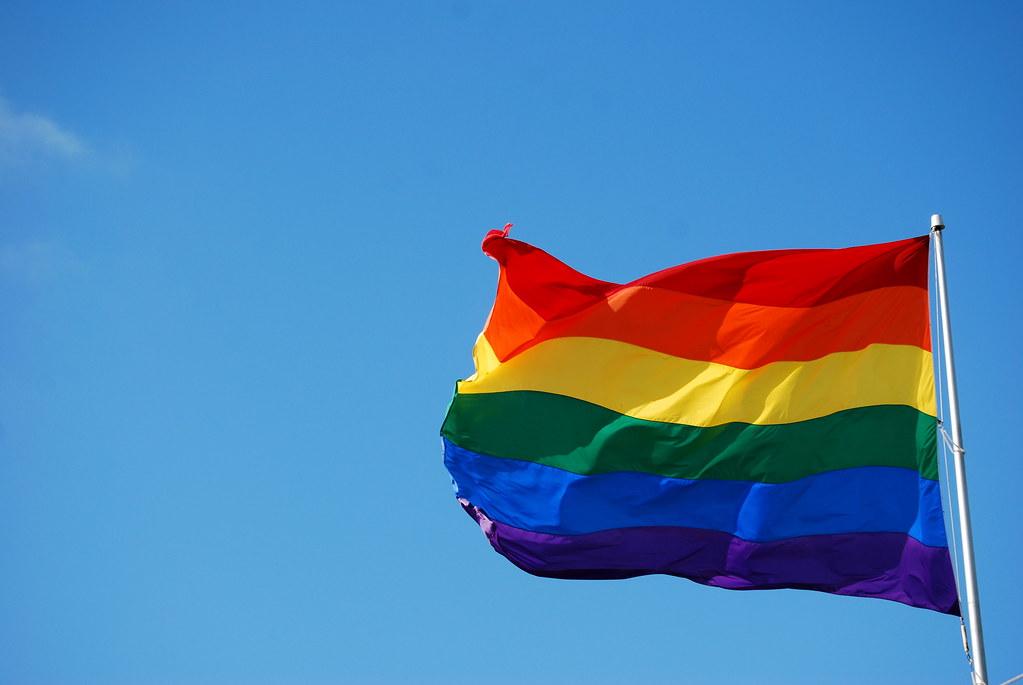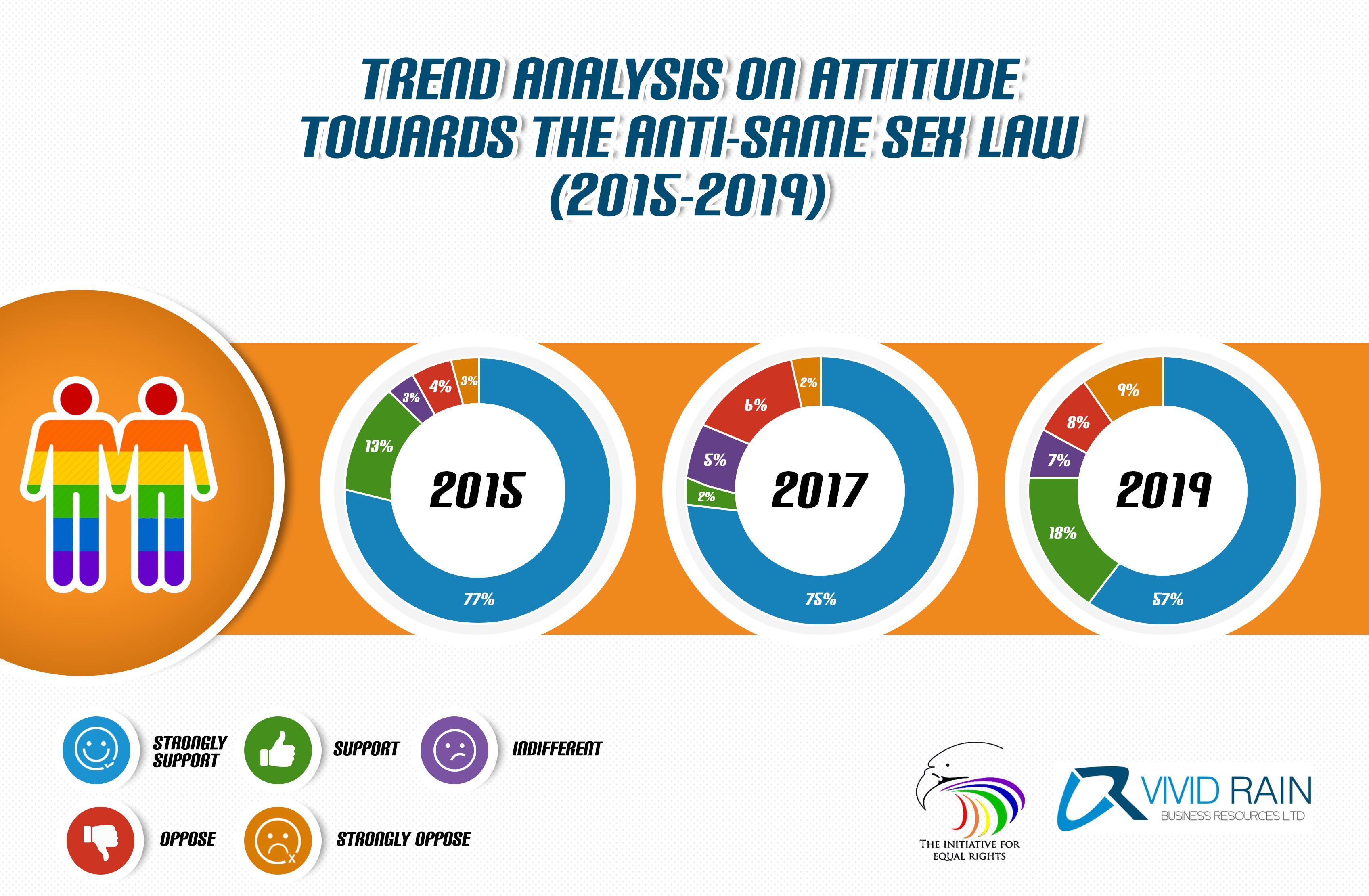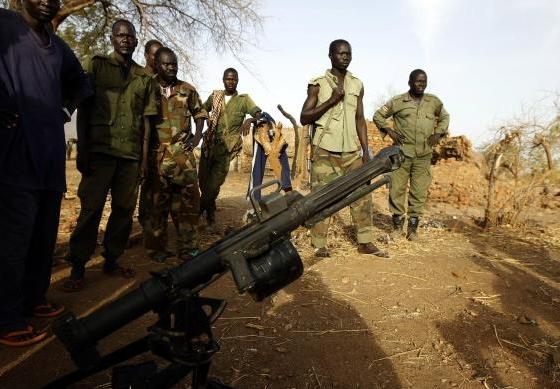Nigeria: Survey shows decrease in homophobic attitudes. Kind of.

Some findings show progress. Others paint a more complex picture.

Last month, Nigeria’s most popular gossip blog Linda Ikeji republished a post from the Facebook account of a Nigerian lawyer. The post was a personal reflection and by publishing it, she outed him. This isn’t the first time the blog has compromised LGBTQI persons in this way even though Nigeria is intensely homophobic. Homophobia is enshrined in our religious doctrines and laws. In January 2014, former president Goodluck Jonathan signed into law the Same Sex Marriage Prohibition Act (SSMPA), which has since provided legal justification for homophobia and an increase in hate speech and attacks.
But in a surprising turn of events, the response to Linda Ikeji’s post was in support of the lawyer. Commenters condemned the website for its questionable journalism, demanding the post be taken down. How could this happen? Are perceptions changing? A social survey published by The Initiative for Equality Rights (TIERS), a human rights NGO, might provide some answers.
Working with a sample size of 2,400 residents from across Nigeria, the survey measured public’s attitudes to the local queer community. It focused on key metrics to gauge awareness, acceptance and access to gay, lesbian and trans people. This is what it suggests:
Growing acceptance of LGBTQI people?


Respondents who believe queer people should have the same rights as everyone else:
2017: 17%
2019: 27%
Respondents who strongly support the anti-same-sex law:
2017: 75%
2019: 57%
Respondents who would accept a gay family member:
2017: 13%
2019: 30%
A number of factors could have influenced this decrease in homophobic attitudes. Homophobia has been heavily politicised in recent years and young people are increasingly skeptical of political authority. Former President Goodluck Jonathan is believed to have passed the SSMPA bill in an attempt to court religious support for his re-election bill.
Another factor is the collective action of several advocacy and human rights organisations including TIERS, The Equality Hub, Mentally Aware Nigeria, She Writes Woman. They educate citizens on the importance of changing the country’s laws to protect all its citizens. These organisations have also engaged in dispelling myths that tie the spread of HIV to homosexuality in Nigeria through fact-driven media drives. Stigma around HIV was a strong catalyst for homosexual discrimination in the 90s.
Social media has also made it significantly easier for LGBTQI people in Nigeria to offer insights into their lives and how the SSMPA Bill is discriminatory towards them. We saw this especially with the wave of targeted police harassment in 2018. Digital access has also made it easier for people to privately investigate their assumptions about LGBTQI persons.
Low censorship on digital media also allow filmmakers and writers to publish LGBTQI-themed films, documentaries and editorials. These platforms – such as Untold Facts, The Rustin Times, The Minority Report and Kito Diaries – invite the mainstream to investigate the stereotypes they believe about homosexuality and maybe even renounce them. With the LGBTQI community having platforms at its disposal to push its agenda, the conversation has finally moved from if the community exists, to what spaces it gets to occupy.
Is visibility always positive?
Respondents who say they know a friend who is queer:
2017: 14%
2019: 7%
Respondents who know a person in their community who is queer:
2017: 39%
2019: 19%
Even though homophobic attitudes are decreasing, the number of people who say they know a queer person surprisingly fell. Yet, queerness is very present in Nigerian culture, though not always expressly stated. Every family has a single, “quirky” uncle or aunt, or the neighbourhood non-conformist who is tolerated. Furthermore, there are hyper-visible queer persons who influence pop culture but in a way that does not necessarily improve the understanding of this sexual minority.
For example, Idris ‘Bobrisky’ Okuneye, a self-identified trans woman is one of the most famous people in Nigeria, with 1.2 million followers on social media, thriving businesses and high-profile allies. But when asked, she insists that her performance of gender is an act. We see this too with cross-dressing comedians and music artists who queer-bait in their art but deny that they are queer. With their actions, these hyper-visible men and women seem to grant permission to the mainstream community to question the legitimacy of LGBTQI persons to exist. It is clear that not all visibility is beneficial.
Some unchanging beliefs
Respondents who believe people are born homosexual:
2017: 4%
2019: 4%
The fact that beliefs regarding why some people are gay has not changed is likely to be indicative of the overwhelming influence religious doctrine has in Nigeria. It is often elevated as fact and used to govern everything from reproductive rights to interpersonal relationships.
Religious organisations are also the biggest source of peer education on issues of sexual health, sexuality and relationships. Without regulation or alternative educational programmes, these organisations reinforce the idea that sexual minorities are an aberration caused by trauma or supernatural interference. Progress made in changing perceptions around sexuality are stunted if the fundamental belief that homosexuality is ‘unnatural’ persists.
The 2019 TIERs Social Perception Survey offers a lot of hope on the power of visibility and the influence of activists to address the misinformation that led to the SSMPA bill and the culture of intolerance that it has allowed to thrive.
Progress is not as swift as many hope, but it is also not as slow as we fear.





Homophobia is still a major issue across the continent. It will be really interesting to see the results of the Round 8 Afrobarometer surveys, just getting underway. Let’s hope there is progress – the last set of data were pretty depressing: http://afrobarometer.org/publications/tolerance-in-africa